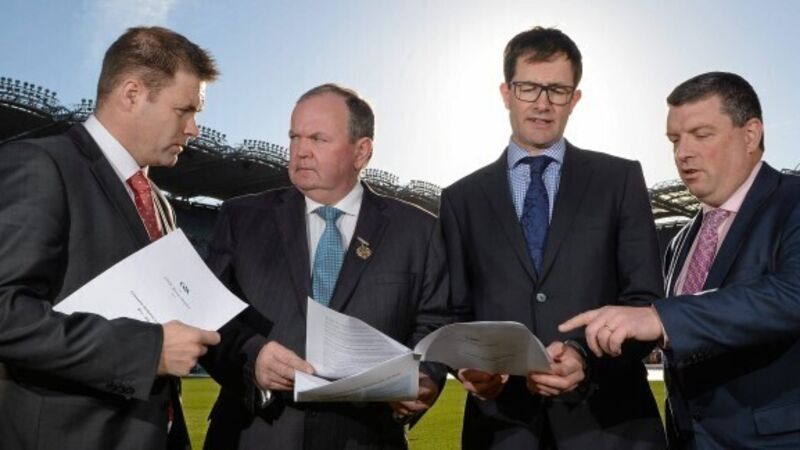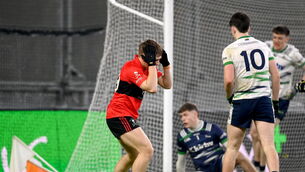Case for concussion subs strong, says Farrell

His comments come as the GAA yesterday released an updated version of their 2007 position on the condition.
Their guidelines state any player suspected of having a concussion must be replaced immediately. If a team doctor is present, he must advise the team manager and the player must not be allowed to continue playing.













